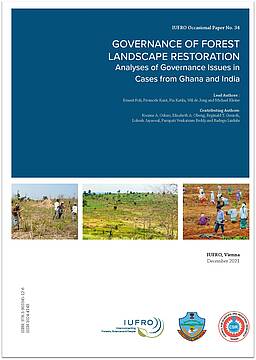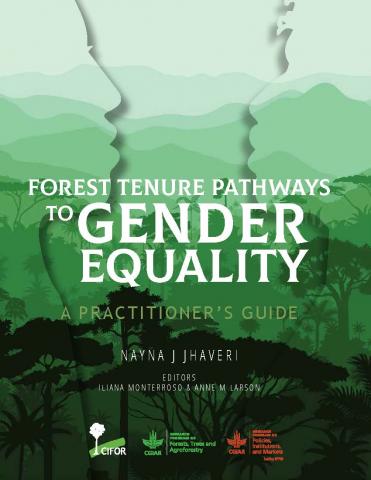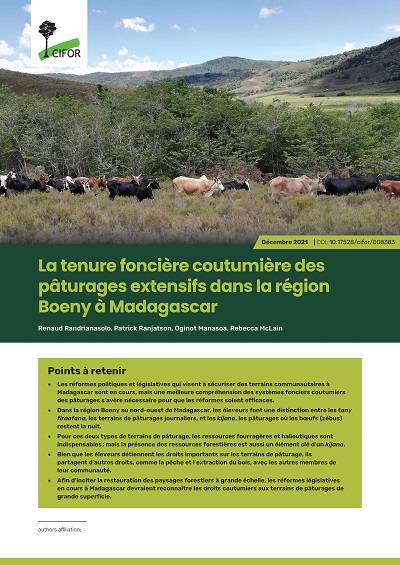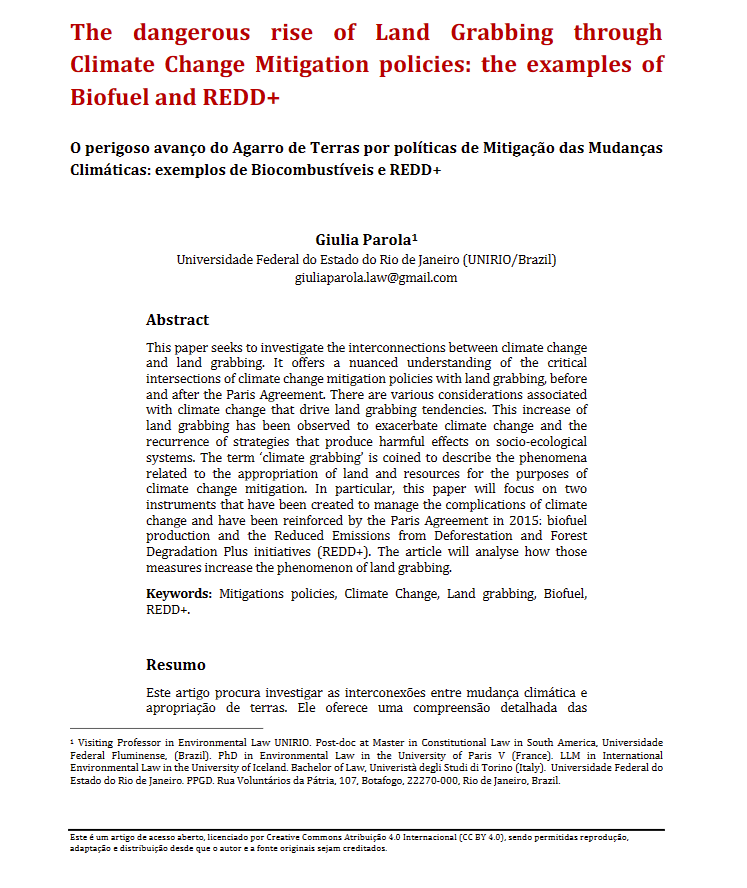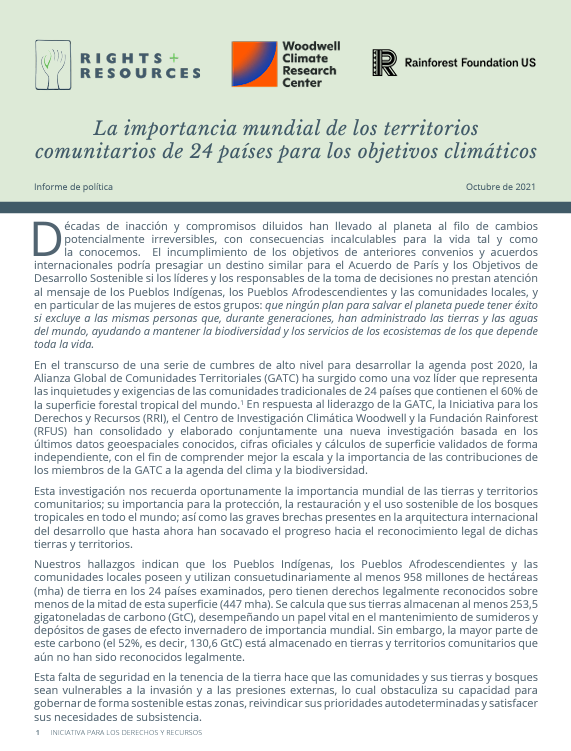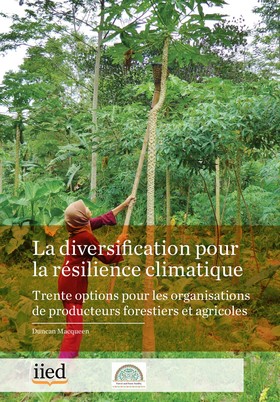Technical Guide on the Integration of the Voluntary Guidelines on the Responsible Governance of Tenure of Land, Fisheries and Forests in the Context of National Food Security into the Implementation of the United Nations Convention to Combat Desertificati
Produced jointly by the secretariats of the Food and Agriculture Organization of the United Nations (FAO) and the United Nations Convention to Combat Desertification (UNCCD), with contributions from multiple stakeholders, this technical guide addresses the integration of the Voluntary Guidelines on the Responsible Governance of Tenure of Land, Fisheries, and Forests in the Context of National F
Évolution des structures du commerce agroalimentaire: l’importance croissante des pays en développement
Le présent document d’orientation analyse les tendances du commerce agroalimentaire à l’échelle mondiale et par groupes de pays, en accordant une attention particulière aux modèles commerciaux dans les pays en développement.
GOVERNANCE OF FOREST LANDSCAPE RESTORATION: ANALYSES OF GOVERNANCE ISSUES IN CASES FROM GHANA AND INDIA
This report highlights important differences in political, legal, and institutional environments, and the need to recognise opportunities and limitations in the local context when restoring land.
Analyse prospective de la filière cacao en Côte d'Ivoire 2020-2030
Forest tenure pathways to gender equality: A practitioner’s guide
This practitioner’s guide explains how to promote gender-responsive forest tenure reform in community-based forest regimes. It is aimed at those taking up this challenge in developing countries. There is no one single approach to reforming forest tenure practices for achieving gender equality and women’s empowerment.
La tenure foncière coutumière des pâturages extensifs dans la région Boeny à Madagascar
Points à retenir
A Broken Canopy: Preventing Deforestation and Conflict in Colombia
In the five years following its historic 2016 peace accord, Colombia has seen a surge of forest razing and land clearance amid continuing unrest in the countryside. The rate of tree loss, which greatly lowers the country’s chances of meeting its zerodeforestation goal by 2030, is tied to conflict and violence. These ties are complex.
The dangerous rise of Land Grabbing through Climate Change Mitigation policies: the examples of Biofuel and REDD+
This paper seeks to investigate the interconnections between climate change and land grabbing. It offers a nuanced understanding of the critical intersections of climate change mitigation policies with land grabbing, before and after the Paris Agreement. There are various considerations associated with climate change that drive land grabbing tendencies.
Note politique du Comité Forêt: Numéro 1 - Octobre 2021
Définir les termes « forêt », « déforestation » et « dégradation des forêts », est un préalable incontournable dans la conception et la mise en œuvre de toute stratégie visant à éliminer la déforestation importée. Cette définition doit s’adapter à la diversité des contextes écologiques rencontrés, et aux outils de suivi disponibles
La importancia mundial de los territorios comunitarios de 24 países para los objetivos climáticos
Esta investigación nos recuerda oportunamente la importancia mundial de las tierras y territorios comunitarios; su importancia para la protección, la restauración y el uso sostenible de los bosques tropicales en todo el mundo; así como las graves brechas presentes en la arquitectura internacional del desarrollo que hasta ahora han socavado el progreso hacia el reconocimiento legal de dichas tie
La diversification pour la résilience climatique. Trente options pour les organisations de producteurs forestiers et agricoles
La résilience climatique mondiale est une question de vie ou de mort. Dans les paysages forestiers, 1,3 milliard de petits exploitants agricoles, de communautés et de peuples autochtones doivent organiser leur résilience climatique pour survivre.




